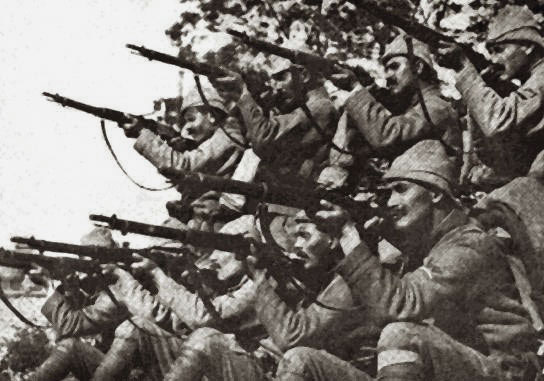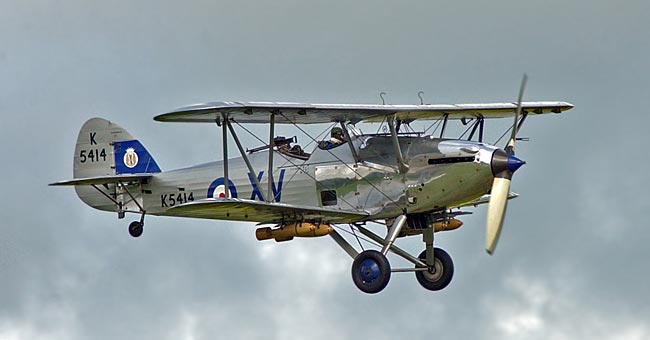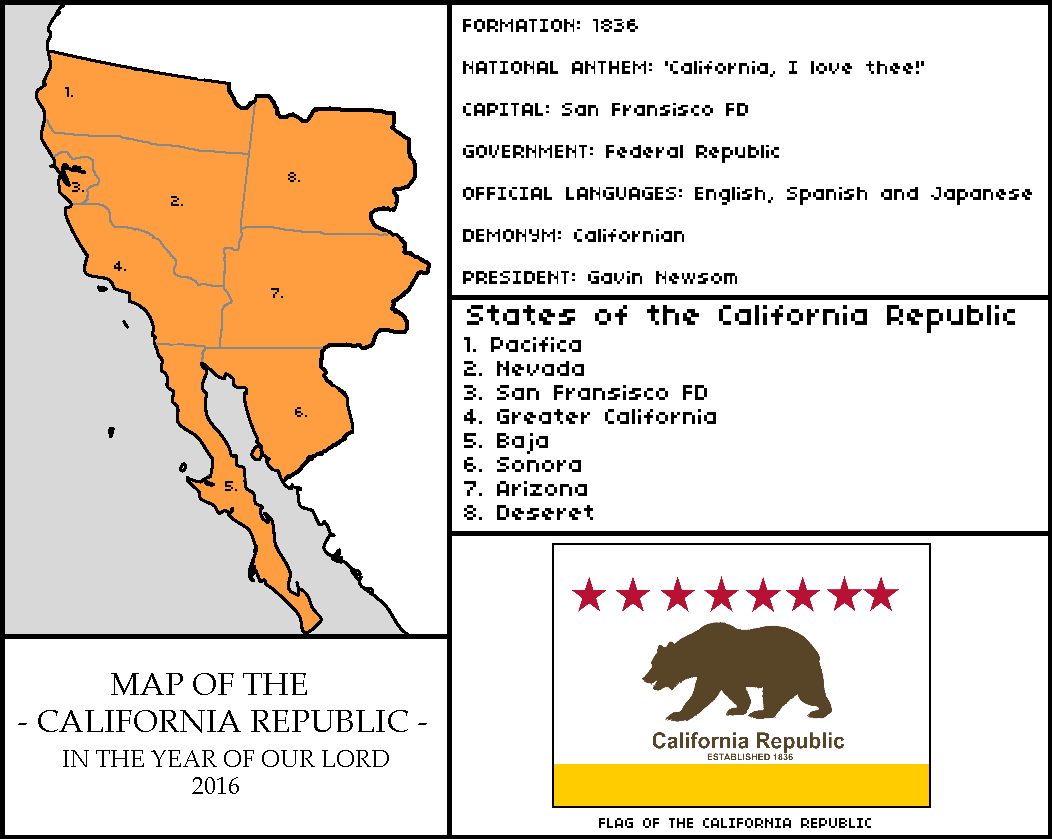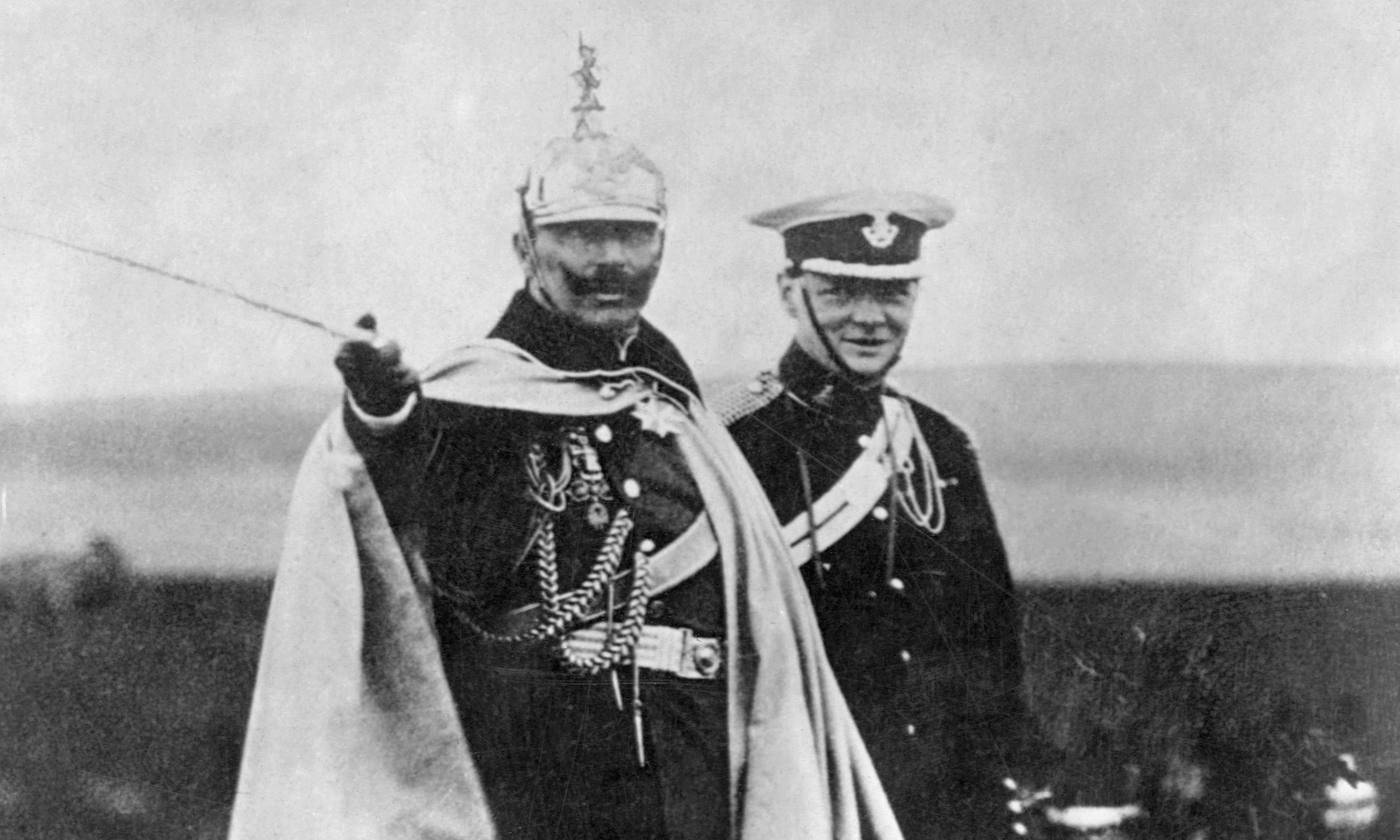KitFisto1997
Banned
Foreword
This is a rewrite of my Revolution! TL, originally published here. I've decided to redo nearly the whole thing from the ground up because I noticed a few holes in the original TL that ended up bothering me a bit too much.
This version of the TL will include images, maps and infoboxes to flesh out this rather insane universe where an early Communist Revolution sets off a century long Cold War that leads to a familiar, but simultaneously different Earth.
Here are the various PoDs that set this TL on its current course.
-------

New Berlin (Durban), Condominium of Southern Africa, November 2015
The streets of New Berlin were busier than usual; seeing what kind of day it was; the hastiness of the crowds was justified. The Remembrance Day ceremonies had wrapped up a few hours’ prior, leading to an influx of veterans and normal civilians alike in the many beer halls that were seemingly out of place, given where they were located. A loud mix of German, English and an odd sounding variant of Afrikaans nearly overwhelmed one patron in particular as he entered the building.
His surprise from the use of German – especially this far from the Equator – subsided after a few seconds as his gaze shifted towards a man sitting in a private booth, who was signalling for him to come closer. The 20-something took a few cautious steps before walking towards the much older (and presumably much wiser) historian. The pair shook hands before the younger student took a seat with his informant.
The stranger introduced himself as Adolf Lieberman, his accent was certainly different compared to the German that the younger student spoke, hailing from far-off Berlin. He wondered if it would present any difficulties as his associate posed a question to him. Translation difficulties be damned.
“You must be Heinrich Mueller, if I’m not mistaken?”
Upon hearing the sounds of accented English, the student felt much more comfortable using his native tongue; which was a consequence of being born to a long line of British aristocrats and Royal Navy officers.
To others in this mysterious nation that was formerly known as South Africa (from his point of view, at least), he was merely known as Heinrich Mueller, a university student from Imperial Germany. His true identity, titles and all, was a closely guarded secret…
“It’s a pleasure to meet you, Herr Lieberman. I hope you forgive me for such unpleasant circumstances… We can reschedule this meeting if you-”
Adolf shook his head before taking a sip from a glass of beer. “That won’t be necessary Herr Mueller. This is one of my favourite places for meetings.”
‘Heinrich’ nodded as he pulled out an attaché case that contained a few reams of A4 paper and pencils, perfect for note taking. “I hope you don’t mind giving me an insight into the life of one Otto von Bismarck? I’ve heard of your upcoming biography on the man himself. Surely a sneak peek wouldn’t hurt? It’s just for my papers on German history, nothing more and nothing less”
Adolf couldn’t help but laugh to himself as he pulled out a tablet from his coat, the sleek design of which made the student sitting in front of him raise an eyebrow. “I wonder if you were ever taught about the Arbeiter Republik in school, seeing that you have to come to me for answers…”
This is a rewrite of my Revolution! TL, originally published here. I've decided to redo nearly the whole thing from the ground up because I noticed a few holes in the original TL that ended up bothering me a bit too much.
This version of the TL will include images, maps and infoboxes to flesh out this rather insane universe where an early Communist Revolution sets off a century long Cold War that leads to a familiar, but simultaneously different Earth.
Here are the various PoDs that set this TL on its current course.
- The survival of the Polish-Lithuanian Commonwealth
- Communism (hereby referred to as Communalism) being proposed a few years earlier than OTL.
- Quebec gaining independence during the American War for Independence
- The Bourbon Monarchy survives the French Revolution, leading to a much smaller version of the Napoleonic Wars (without Napoleon at the helm of France however).
- Austria-Hungary reforms after Revolutions of 1848 and manages to survive into the 21st century.
- A weaker German Empire is overthrown in the early 1870's and is replaced with a pseudo-communist dictatorship.
-------

New Berlin (Durban), Condominium of Southern Africa, November 2015
The streets of New Berlin were busier than usual; seeing what kind of day it was; the hastiness of the crowds was justified. The Remembrance Day ceremonies had wrapped up a few hours’ prior, leading to an influx of veterans and normal civilians alike in the many beer halls that were seemingly out of place, given where they were located. A loud mix of German, English and an odd sounding variant of Afrikaans nearly overwhelmed one patron in particular as he entered the building.
His surprise from the use of German – especially this far from the Equator – subsided after a few seconds as his gaze shifted towards a man sitting in a private booth, who was signalling for him to come closer. The 20-something took a few cautious steps before walking towards the much older (and presumably much wiser) historian. The pair shook hands before the younger student took a seat with his informant.
The stranger introduced himself as Adolf Lieberman, his accent was certainly different compared to the German that the younger student spoke, hailing from far-off Berlin. He wondered if it would present any difficulties as his associate posed a question to him. Translation difficulties be damned.
“You must be Heinrich Mueller, if I’m not mistaken?”
Upon hearing the sounds of accented English, the student felt much more comfortable using his native tongue; which was a consequence of being born to a long line of British aristocrats and Royal Navy officers.
To others in this mysterious nation that was formerly known as South Africa (from his point of view, at least), he was merely known as Heinrich Mueller, a university student from Imperial Germany. His true identity, titles and all, was a closely guarded secret…
“It’s a pleasure to meet you, Herr Lieberman. I hope you forgive me for such unpleasant circumstances… We can reschedule this meeting if you-”
Adolf shook his head before taking a sip from a glass of beer. “That won’t be necessary Herr Mueller. This is one of my favourite places for meetings.”
‘Heinrich’ nodded as he pulled out an attaché case that contained a few reams of A4 paper and pencils, perfect for note taking. “I hope you don’t mind giving me an insight into the life of one Otto von Bismarck? I’ve heard of your upcoming biography on the man himself. Surely a sneak peek wouldn’t hurt? It’s just for my papers on German history, nothing more and nothing less”
Adolf couldn’t help but laugh to himself as he pulled out a tablet from his coat, the sleek design of which made the student sitting in front of him raise an eyebrow. “I wonder if you were ever taught about the Arbeiter Republik in school, seeing that you have to come to me for answers…”
Last edited:







